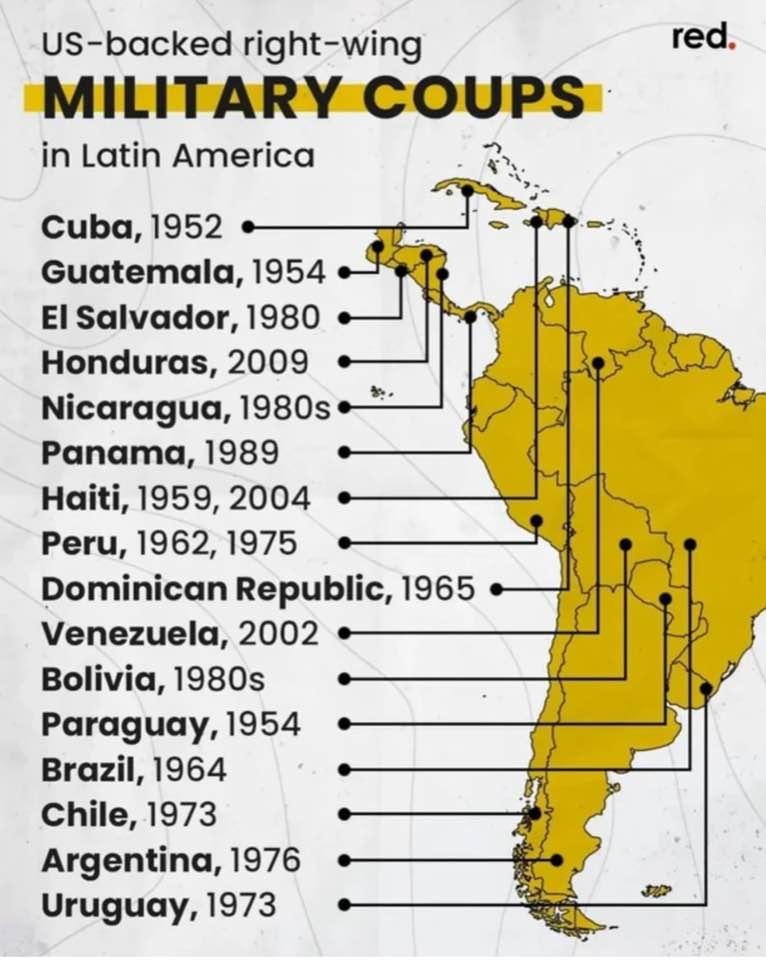Let’s start with the uncomfortable truth: we fucked up the last 20 years of #openweb tech. Not “they” fucked it up. Not only #BigTech, not only venture capital, not only governments and surveillance states. We did, especially those of us who were closest to the tools, the protocols, the decisions – the geeks, developers, architects, and maintainers who shaped how this stuff actually worked in practice.
That matters, because it means we still have direct power over what happens next. Too often, external forces are used as an excuse. “Capital captured everything.” “Users don’t care.” “The network effects are too strong.” These stories become a form of #blocking – a way to avoid the harder work of change and challenge that is still possible inside our own communities.
The #geekproblem role in the #techmess is one of the hardest things to admit, that much of the current #techmess wasn’t imposed on us – it was designed by us. We built systems that privileged scale over care, efficiency over use, protocol purity over social process. We treated governance as a technical problem and social mess as something to be engineered away. We told ourselves that decentralisation alone would save us, while quietly centralising power in code repos, foundation boards, and informal hierarchies.
This is the #geekproblem in action: the blindness to social value, to lived use, to human mediation. The result is vast piles of #techshit – technically impressive, socially hollow systems that decay quickly because nobody actually owns them in a meaningful way.
And when these systems fail, the blame gets pushed outward. “The market did this.” “Users misused it.” “NGOs ruined it.” Sometimes those things are true – but they are never the whole story.
Then we have the # fashionistas default worship of the #deathcult which is the part people really don’t like hearing: most of us default-worship the #deathcult. #Neoliberalism doesn’t need true believers to function. It survives perfectly well on habit, convenience, careerism, and fear. We reproduce it every time we copy the UX patterns of the #dotcons, every time we design for engagement instead of meaning, every time we prioritise respectability over rupture.
At this point, polite critique is not enough. The climate is collapsing. Social trust is eroded. Institutions are hollowed out facades. We do not have the luxury of endless moderation and tone-policing.
Let’s be clear, it is well past time to hold active worshippers of the #deathcult in contempt – not as individuals to be cancelled, but as ideas and practices to be openly rejected. And more importantly, to challenge our own default compliance with those values.
Time is the one thing we don’t have. Yes, this shift will happen. Over the last few years, more people have abandon #dotcons, more will rediscover collective tools, more will rebuild local, horizontal networks.
The #OMN is precisely about that internal power: what we do together, how we organise, how we build, and crucially, what we refuse to reproduce. But here’s the problem #climatechaos does not wait for cultural maturation. Ecological breakdown, authoritarian drift, and economic precarity are accelerating now. If the #openweb is going to matter, it has to matter in this decade – not as a promise, but as lived infrastructure.
That means pushing change and challenge now, even when it’s uncomfortable, even when it breaks consensus, even when it costs status. We cannot keep living inside copies of the #dotcons is one of the clearest failures of the last 10 years is this: we kept rebuilding copies of corporate platforms and calling them alternatives. The same feeds. Same metrics. Same influencer dynamics. Same UX assumptions. Just with better politics in the bio. That will never be enough.
For projects like #OMN to become real, we need to invest serious resources and energy into good #UX for #openweb projects – not slickness, not branding, but clarity, legibility, and human-scale control. Interfaces that normal people can understand. Systems that work in mess. Tools that support mediation instead of suppression. This is not about perfection. It’s about use-value over #blocking.
The next step is obvious and unavoidable, it’s not more think pieces, more foundations, more grant cycles. It’s rebuilding social-technical systems that people can actually use together, under pressure, without surrendering control. We already know this. Deep down, everyone reading this does.
The question is whether we act on it – or whether we keep hiding behind inevitability while the world burns. The #OMN is not a guarantee. It’s a refusal: to keep worshipping the #deathcult,
to keep copying the #dotcons, to keep pretending we have more time than we do.
The work is here. The tools are here. What’s missing is the will to stop fucking around.

What are you doing today that is not pointless? Not a rhetorical question, a line in the sand. As too much contemporary “activism” is still busywork inside the #dotcons – visible, branded, career-friendly, and structurally harmless. Our old activist circles took the healthy internal tensions that once kept projects like #indymedia honest and fed them upward into a #fashernista vampire class: NGOs, foundations, panels, consultancies. For twenty years, they’ve drained grassroots energy to build CVs and gain access to “power”. That’s not radical, it’s capture.
Now, if we are serious about surviving #climatechaos and confronting the #deathcult, we have to stop doing pointless #techshit and start rebuilding outside the platforms that profit from our failure.
We need projects that doesn’t need permission, we need a #DIY crew. That means gathering like-minded people off the #dotcons, working collectively, not performatively, building small, useful things that actually publish, connect, and persist, following the #4opens: open process, open governance, open code, open data to accept mess, conflict, and compost as signs of life
The Open Media Network (#OMN) is not a brand or career ladder, not a #NGO pitch deck.
It’s unfinished work from the original #openweb – work that was paused, captured, and now needs rebooting.
So again, plainly – What are you doing today that is not pointless? If the answer is “posting”, “networking”, or “waiting for funding”, that’s a bad answer. If the answer is building with others, publishing outside capture, sharing control, doing the unglamorous work, welcome back.
#indymediaback #OMN #4opens #makeinghistory #OGB










